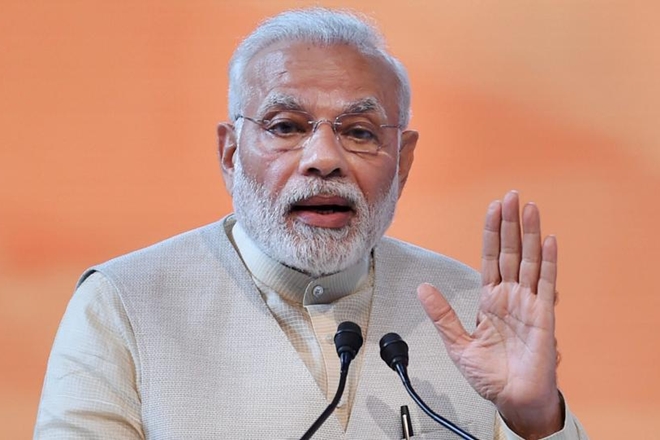The EBC reservation bill has finally become an Act on January 12, 2019, with the President of India’s approval. The government has immediately released a gazette to this effect. There are mixed responses on the move from different sections of society.
Why so late to implement?
If the Modi government thought of bringing in an ‘Economical status’ based reservation, why did not it do so in the past four years of governance?. It could have benefited many. Also, the new reservation system is put forward by the same government who talked on working towards removal of the reservation system in India by improving the livelihood of the citizens. It is clearly an election gimmick ahead of 2019 general election without much foresight.
Observe the drama…
For the first time in Independent India, a bill has been passed and gazetted within a week. Almost every opposition party in Rajyasabha opposed the move and the way it was put forward by the Central government without proper discussion. However, the very same parties gave its vote in favour of the bill. Why??…it is a known fact that no party would like to risk its OBC vote bank ahead of the general election by going against the bill.
The policy with an illogical flaw
The policy provides 10% reservation to the Economically backward candidates of the general category. The directive which defines the economically backward candidate states that ‘all those whose annual income is less than Rs 8 lakhs’ will be considered for the reservation. Ironically, Individuals whose income is more than Rs 2.5 Lakhs are considered as the taxpayers and literally, the same government policy calls them as Economically backward!!. Which means, is the Modi government trying to prove that the Income-tax payers are Economically backward?. If so, why is the government collecting tax from those whose income is not above Rs 8 lakh per annum?.
The process itself is a big minus knowing how easy it is to procure an Income certificate in India. In the existing system, there are numerous cases where a candidate wrongly claims caste-based reservation through fraudulent certificates. It is much more easy to obtain an income certificate in this case. This will thereby increase corruption in government offices with literally 95% of the population coming under the purview of reservations.
The criticism
Several well-known Economic personalities including Nobel laureate Amartya Sen criticised the policy put forward by the government. Amartya Sen said that the decision of the government was in haste and does not sound meaningful by putting the majority of the population under reservation. “A government must work for the removal of reservations and not for its renewal. The guidelines framed under the policy are meaningless”, Sen said.
“However, several OBC societies welcomed the decision without knowing the actual drawbacks. In fact, this reservation will not change the dynamics much with every other person falling under the economically backward category. The only true profitable recipient of the policy is the government…who can go ahead with the slogan of EBC reservations in the coming elections”, he added.
The future
Even though the government notified the new reservation policy, the fate of the policy will be with the Supreme Court who will interpret the validity of the same for crossing the 50% reservation limit. Not to mention, in 1991 the Supreme Court has struck down a similar reservation policy citing it as unconstitutional. Political analysts are of the view that even if the Supreme Court blocks the move, sympathy will be with the BJP government for taking a brave step. Thanks to Amit Shahji for the brilliant approach!.
There is also a similar demand coming forward from another section of the society, “Why the government cannot pass the pending women reservations bill with the same enthusiasm?”.
Although the implementation of reservations based on economic parameter was an age-old demand, the BJP government’s approach in bringing the policy in haste raises the eyebrows. If the BJP can pass a constitutional amendment bill within 7 days, why not do the same with Special category status for AP if it is so determined towards the welfare of the Telugu States?. Everything remains to be an election gimmick which the common citizen are failing to understand.
The change that is needed
The chief aim of the government must be to remove the reservation policies and not to renew it. Though initially, BJP preached the policy of taking hard decisions for the welfare of the society through demonetization and GST, its approach just before the election makes us rethink BJP as any other political party.
On the policy front, the government must reduce the income limit considerably to 2 lakhs and make sure that the real poor people are benefitted through the reservation. It is also equally important that proper procedure is followed while granting income certificates. A reservation policy based on economic parameters for all the caste-based reservations must be considered by the government, scrutinising the cases where a candidate from the rich background is making use of caste reservation.
Eventually, the practice of using reservations for election gain must end and the Central government must work for a new dawn where 100% of the seats will be under open competition. Jai Hind!
